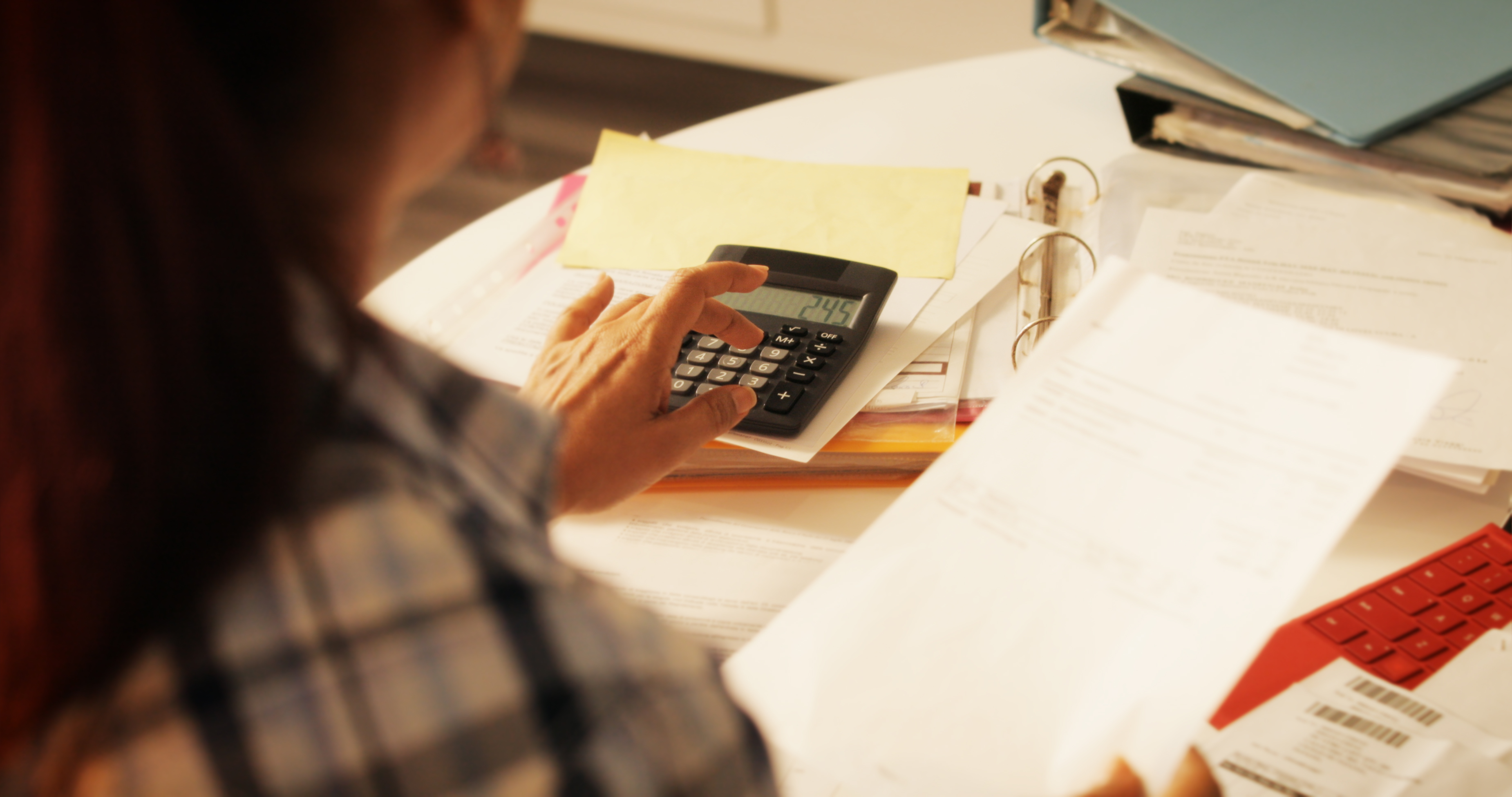Year after year, Americans nationwide are tasked with filing income taxes. In 2017, 143.3 million taxpayers filed taxes with the Internal Revenue Service (IRS) amounting to $3.4 trillion. Even so, many people continue to file taxes in inconvenient ways, like filing in-person or filing online while exposing some of their most sensitive financial and personal information to significant risk.
There is a better way. Learn how to file your taxes quickly and easily online — and how to do it as safely as possible.
Avoid Public Wi-Fi
Unfortunately, security breaches have been and continue to be a big problem. In just the first six months of 2019, security breaches threatened more than 4 billion private or sensitive records.
While there are a lot of factors at play, there are some things you can do to mitigate your risk while filing taxes. One of the most important things to do is to file your taxes on a secure, private network. If you do not have access to a private network at home, consider asking an immediate relative or a close friend if you can come over and use their internet service. Ideally, it is best to bring your laptop and file your taxes from your own personal computer.
Avoid public Wi-Fi and connections. Do not file your taxes from a library, airport, or hotel. It is best to avoid semi-private networks or networks multiple people have secure access to, like your internet connection at work, as well.
Verify Qualifications
Should you venture onto a less-than-trustworthy platform and become the victim of a data breach, there are a wealth of resources available to you. For example, there are more than 70,000 lawyers licensed to practice in the State of Texas alone.
Even so, it is best to prioritize filing taxes safely the first time whenever possible. To do that, research the validity of any platform before you commit to using it. Be especially vigilant if a platform or service lauds itself as entirely free. While there are services that allow you to file a basic tax return free of charge, it takes some research to weed out the legitimate ones from less trustworthy platforms.
Before committing to a particular platform, verify their credentials. Ensure that they are using appropriate safety protocols, like encryption and otherwise secure networks. Often — but not always — you can trust large, well-known companies. There is often more at stake for businesses that are well-known should there be a data breach.
If your tax return involves more than relaying information from a typical W-2 Form, expect to pay a fee to file taxes. This may include filing returns for independent contractors, entrepreneurs, small businesses, those with significant sources of supplement income, investments, and more. Keep in mind that, when filing more complicated returns, services often offer additional resources as well, such as filing tips and money management tips.
Use a Strong Password
Remember, in addition to using a secure network and weeding out reputable software, there are things you can do on a personal level, too. Namely, don’t underestimate the importance of a strong password. Using a strong password can go an incredibly long way to keep your personal information and financial data safe. It is one of the most critical money management tips, whether you are filing taxes or accessing your bank account online.
A strong password contains letters, numbers, and special characters. If possible, it is wise to use at least one capital letter, one number, and one special character. Try to incorporate these in an unpredictable manner. In other words, passwords are most secure when you capitalize any letter other than the first letter of your password and when numbers and special characters appear at the beginning or middle of your password, not at the end.
File your taxes quickly and easily online. Most importantly, do it securely. Follow the safety and money management tips above to make it happen.

